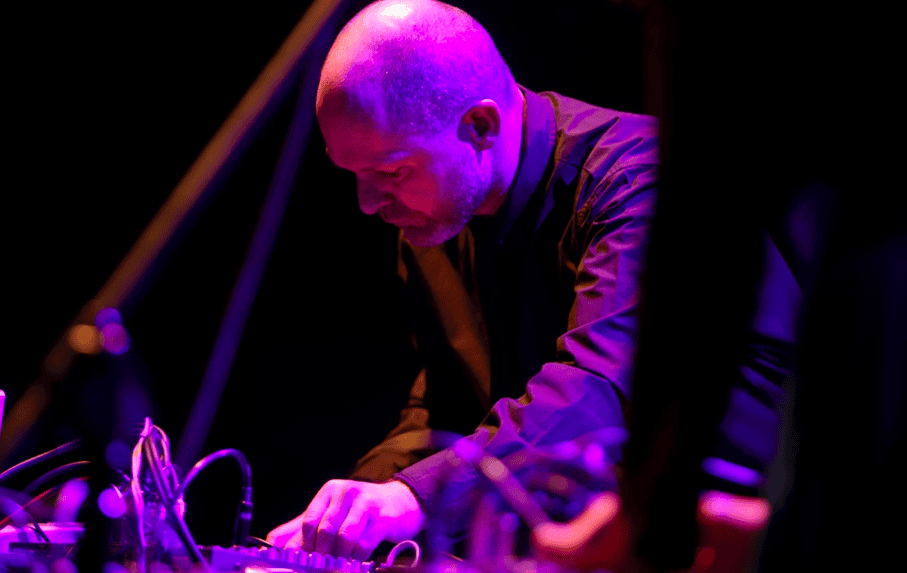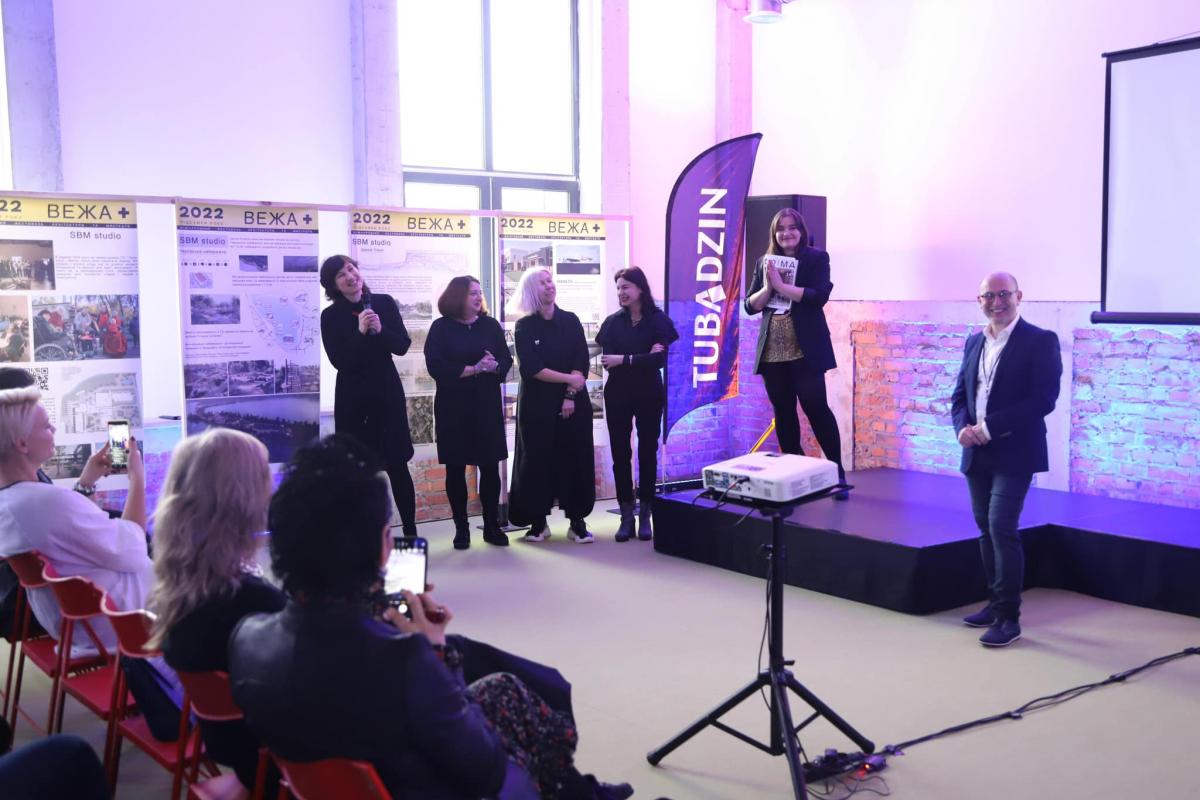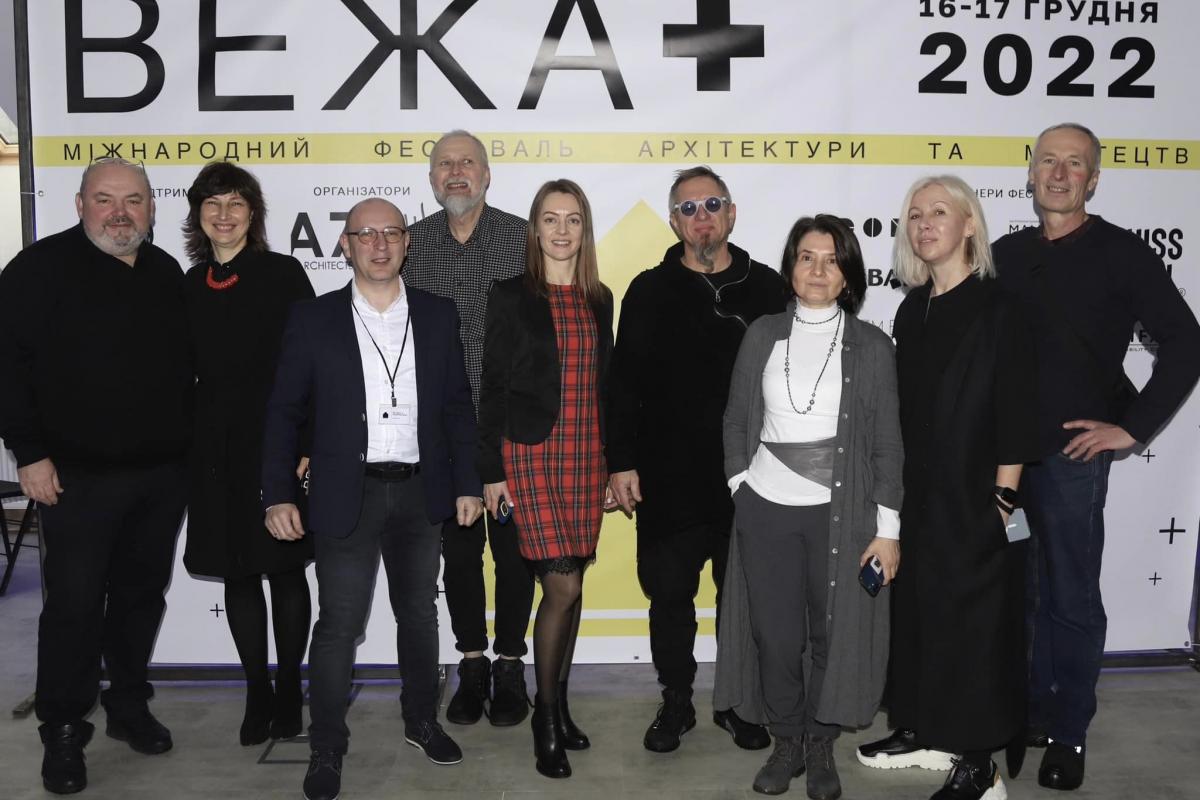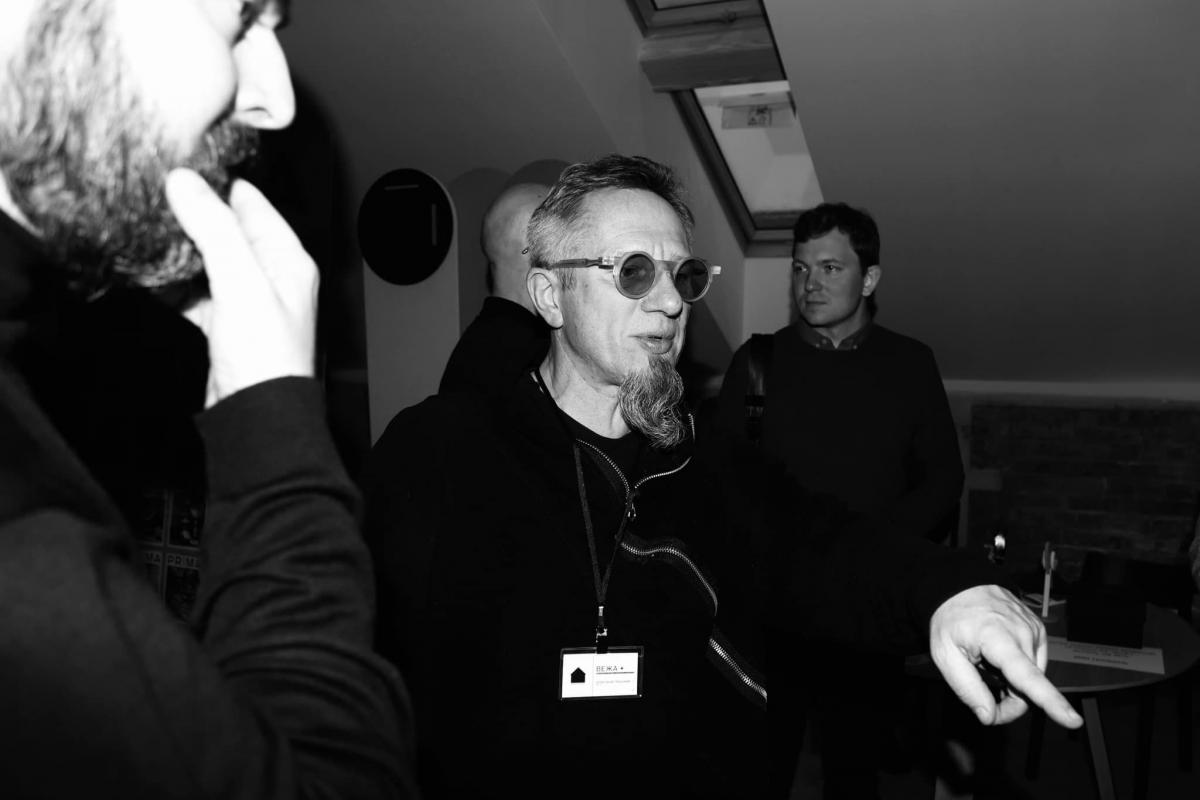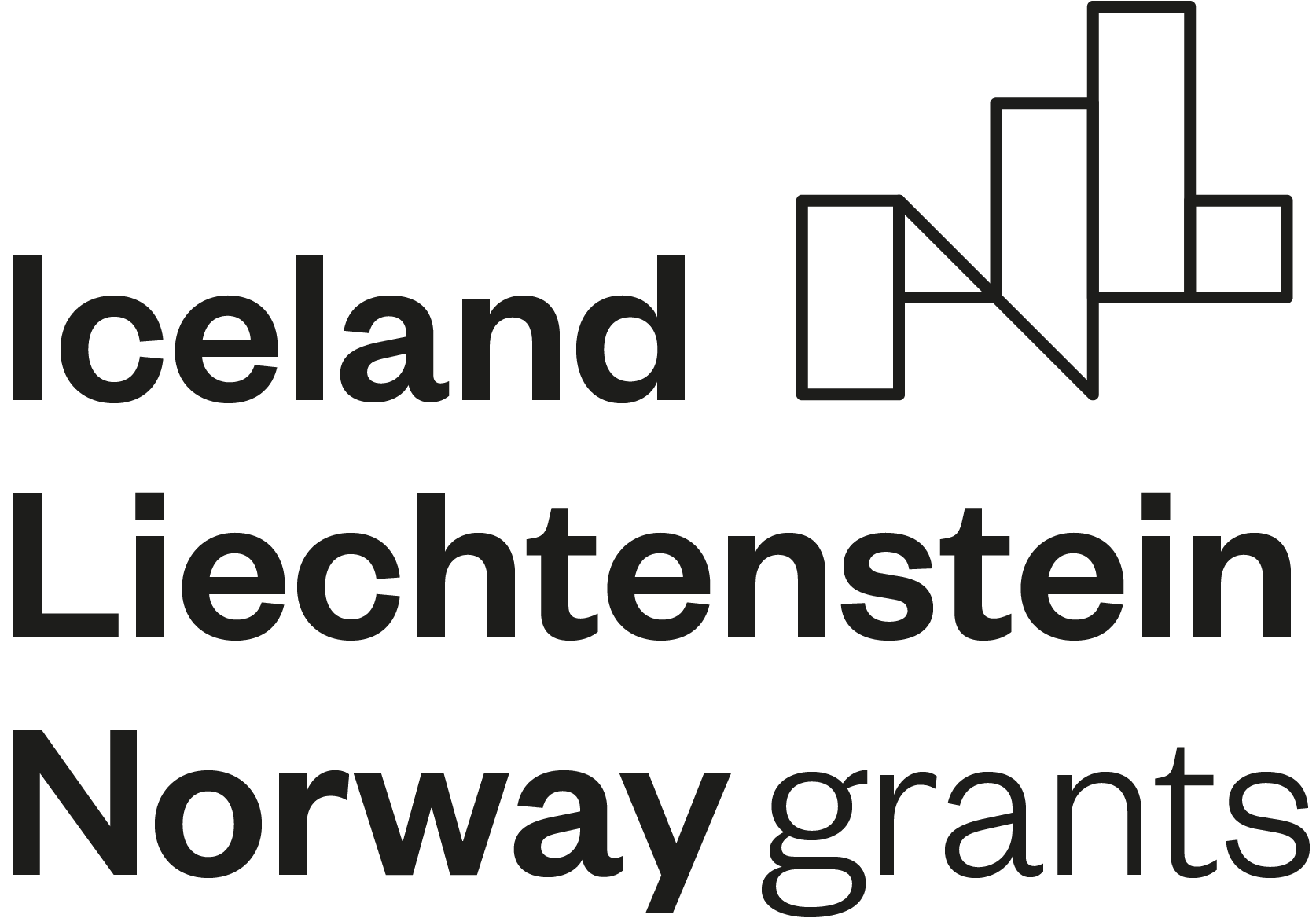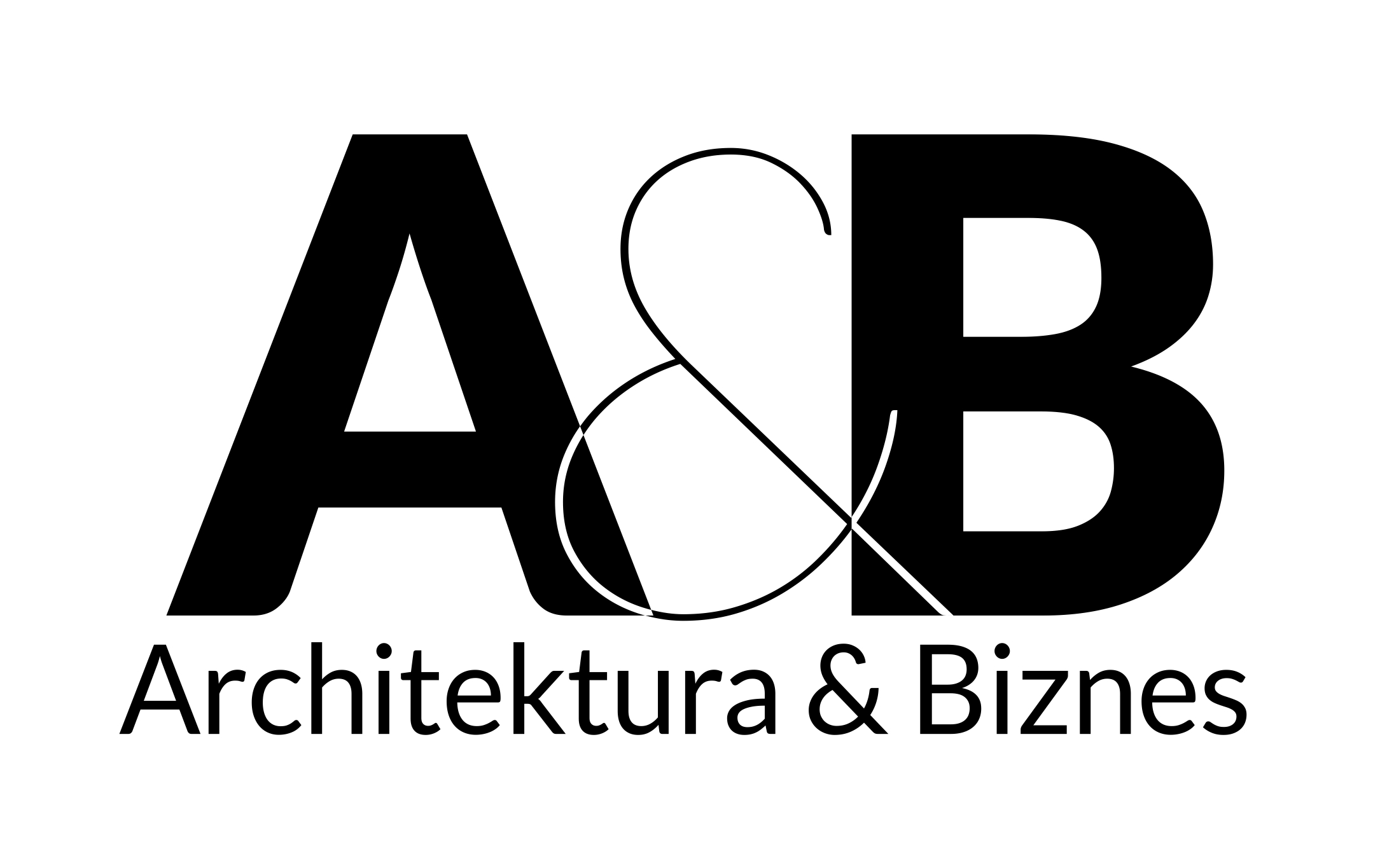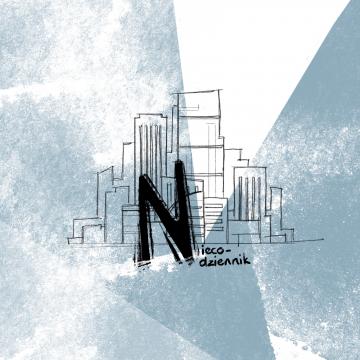
Journa(y)l - City of future
The 6 extraordinary strokes of the future - we can already use them in our cities.
The theme of Biennale Kultura Futura 2023 is the city of the future - e-polis. To keep up with the changing world, we need new specialists and concepts to wave in technology in the cities' tissue consciously and responsibly. In the upcoming times, we will need commisionaries for future well-being such a Welsh politician Sophie Howe. Summing up over reflection about the city, we present six extraordinary cases; it's up to us whether they will become present in our daily lives.
1.Emitter - Marcin Dymiter
What is field-recording?
Recording the sound space outside the studio creates an opportunity to hear sounds seemingly inaudible to us, emphasizing the space's highlights. The project that attracted our attention is - Filed Notes - by Marcin Dymitr (Emiter). This artist creates audio installations, radio dramas and music for: films, theater performances, exhibitions and public spaces. He conducts audio workshops, as well as e.g. sound maps and music education cycles. Filed Notes is a series of heard and recorded sound works created in places found during the recording, wanderings and expeditions.
We invite you to listen - https://www.fieldy-notes.pl
2. Cities from science fiction movies already exist.
Songdo in South Korea is one of the visions of the city of the future. In this new city covering the area of 53 km^2, cameras and digital sensors are at every step. They acquire data about residents, thus controlling, among others, water and energy usage or waste production. The streets are quiet as there is little traffic. The city of Masdar in the United Arab Emirates is simmilar; architects' main goal is to create a metropolis that does not emit carbon dioxide at all and uses solar and wind energy. Although designing cities from scratch is hugely tempting, they arise without any cultural conditioning. In artificially created cities, it is hard to find challenges faced by local governments.
3. Will the idea of e-POLIS help rebuild Ukraine?
The Architectural Festival Tower+ took place in Lviv on December 16-17 in 2022. This event gathers professional community from around the world. This year, the festival had a memorable meaning, because it was devoted to the following topics: “War. Architectural dimension” and “Architecture of New Ukraine. Reconstruction", thus raising the discussion on the challenges in 2023 related to the current situation in Ukraine. The speakers were leading Ukrainian and foreign architects, urban planners, and designers. The founder of Kultura Futura was one of them; he presented a report on new challenges in 2022 related to the war and Ukrainian factors in the work of the Center - thus bringing closer the idea of E-polis.
You can read more about e-polish at KulturaFutura.pl.
4. Amsterdam's Night Mayor
Amsterdam is famous for vibrant nightlife. The city council created the post of the Night Mayor to make sure that this feature will keep quality but not intefere in the peacful daily life. What does stand behind this enigmatic title? The Night Mayor tries to build a dialogue, connects environments and meets the creators of nightlife. Currently Mirka Milan occupies this post. In the City Magazine he talks about the project of 24 licenses: “The idea came from observation. We treat the same problems that arise at night or during the day differently. If there are any crimes at night, the reaction of the city officials and the police is always the same: we close the nightclubs. We looked at this phenomenon together and proposed that nightclubs use 24-hour licenses. 35 volunteers showed up. Each of them had to present a program showing how their offer will enrich the cultural offer of the city” (...) “. One of the clubs has been transformed into a restaurant open both at night and in the morning, another makes their venue available as a playground for children during daytime. Everything really depends on the ingenuity of the owners. We want to improve the quality of the musical and cultural offerings in these places and reduce the level of night crime.”
Is Poland ready for such a step? Learn more in "The sound of cities" article on KulturaFutura.pl
5. Buskers from all around the world at hand.
Streets in cities give artists a gust of freedom and a space to play and express themselves. Buskers in each city are very popular among tourists, often being a musical showcase of a region. Nowadays, we can meet buskers from every corner of the world - without ever leaving home! It's all thanks to artist mapping apps.The Busking Project is a map that unites 11,000 street artists (musicians, performers and other creators) from 3,197 countries around the world. Thanks to this tool, interested people can find the artists’ profile and get to know them, tip, or even establish cooperation. It's a space that helps discover talents! Another platform is StreetMusicMap, which works with Google Maps and Spotify. On Instagram, one can tag an artist with the hashtag #streetmusicmap and send a message about them to the world.
6.The data about our ilness can help others survive!
Modern computational medicine is all about processing large amounts of information to help doctors put a diagnosis. Data donation is to share your anonymized medical data, so that algorithms saving other patients' lives are created. Such technologies allow for a very quick diagnosis and reduce the risk of medical error.
You can listen about how data in the city help in caring for the health of citizens in an interview with Laura Trawińska on KulturaFutura.pl.
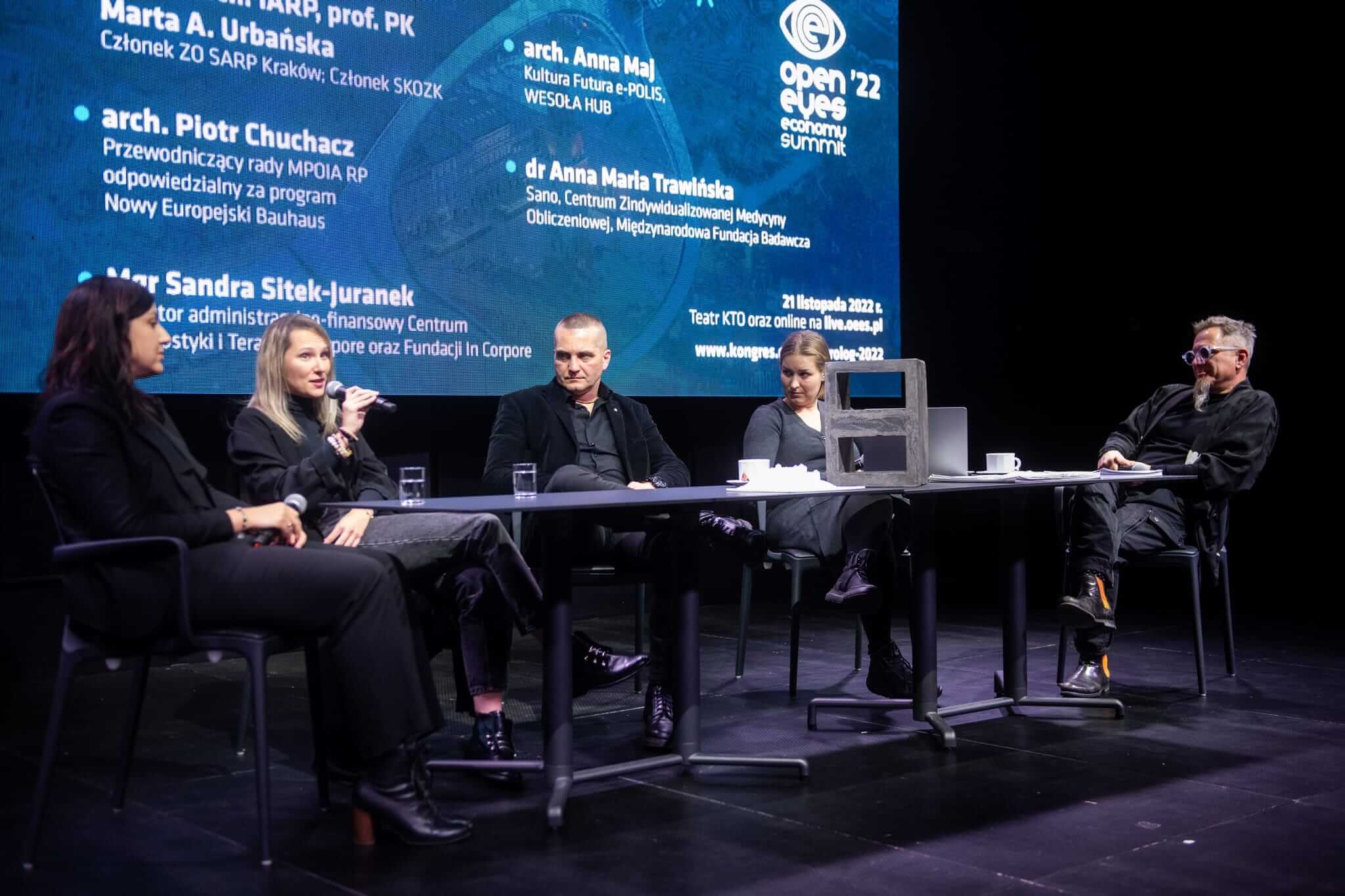
William Gibson, coiner of the term cyberpunk, wrote: "The future has already happened, it's just not evenly distributed. Thinking about culture's and citiy's future, one cannot forget who participates in it. We need to design a digital world that is accessible to older residents. It's crucial that we announce social consultations both in social media and on information poles. The idea of ePolis interweaves the real and virtual world in a way accessible to all residents. The idea is beautiful, but how to implement it?'' We will look for the answer to this question in science in the future texts on our vortal.
